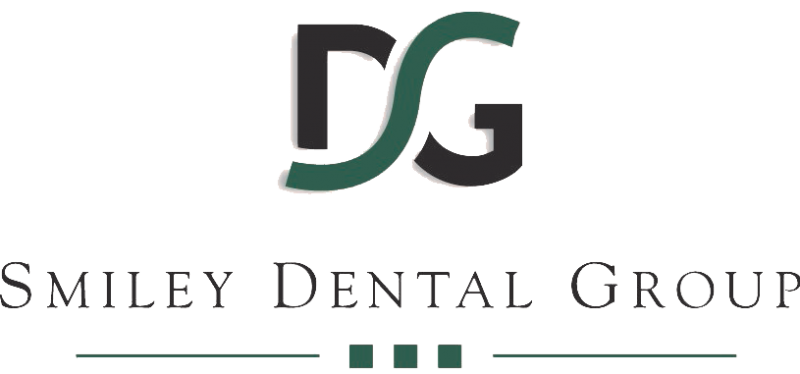FAQs
FAQs
How can I prevent tooth decay?
The best way to manage damage from tooth decay is to visit the dentist regularly. We recommend visiting the dentist at least twice a year. In the meantime, your options for at-home preventive care include brushing your teeth twice daily, flossing at least once per day, and eating a balanced diet. Oral health and overall health are very closely connected.
What insurance do you accept?
We gladly submit all dental claims. However, dental claims made outside of Delta Dental Premier and Delta Dental PPO could be considered “out of network benefits”. If you have a DMO, you only have coverage at an in-network office. If you have any questions regarding your coverage, please give us a call.
How old should my kids be before their first visit to the dentist?
We recommend you schedule the first dental appointment at age 3. If you notice any dark spots on their teeth or they mention they are experiencing toothaches, we will see them at any age. For children too young for a cleaning, we offer a “Ride in the Chair” where we count their teeth, have them sit in the chair and see how it moves, and have them meet with our doctors. This way, they become more familiar with us and are more comfortable during their next visit.
What should I do if one of my teeth falls out or gets knocked out?
Rinse, do not scrub, the tooth to remove dirt or debris. Place the clean tooth in your mouth between your cheek and gum or under your tongue. If it is not possible to store the tooth in the mouth of the injured person, wrap the tooth in a clean cloth or gauze and immerse it in milk. Do not attempt to replace the tooth into the socket as this could cause further damage. Get to the dentist as soon as you can. This would be considered an emergency appointment, so do not hesitate to call. Successful re-implantation is possible only when treatment is performed promptly.
I have a fear of the dentist, what can be done?
For those who experience feelings of anxiety at the dentist’s office, we offer general anesthesia to make any procedure more tolerable. These offerings include Oral Conscious Sedation and Nitrous Oxide. Oral Conscious Sedation is taken approximately one hour before your procedure while Nitrous Oxide is inhaled at the dental office before the procedure. Both keep you relaxed and calm during your treatment.
How can I tell if I have gingivitis or periodontitis (gum disease)?
The most common symptoms of gum disease are:
- Bad breath
- Red or swollen gums
- Loose teeth or teeth that have moved
- Sensitive teeth
- Pus coming from around the teeth
- Pain when chewing
- Tender gums
- Bleeding gums
If you are experiencing one or more of these symptoms, call us today and schedule an appointment.
What are dental sealants?
Sealants are thin, plastic-like coatings applied to crevices on the chewing surface of back teeth – premolars and molars. The coating flows deep into the grooves acting as a barrier, so that plaque and food do not get stuck and cause cavities.
Does the dentist work emergency hours?
We always have a doctor on call and available for emergency appointments. If you believe you’re experiencing a dental emergency, please don’t hesitate to call us!
Can the procedure be performed in the dentist’s office near me or do I need to go to a special location?
Smiley Dental Group is a General and Cosmetic Dental office. Most procedures can be treated by Doctors Holowicki, Renshaw and Moore. Some select procedures will require you to see a specialist. In those cases, we will refer to doctors that work very closely with our office and practice with our same standards.
How long do I have to wait after a procedure before I can eat?
For treatments that involve the use of local anesthetics – crowns, bridges, veneers, deep cleanings, etc – your mouth will likely be numb for a couple of hours following your procedure. We recommend you do not chew on the side you received local anesthetic until it has completely worn off. During that time, we advise you to avoid hot beverages as well.

